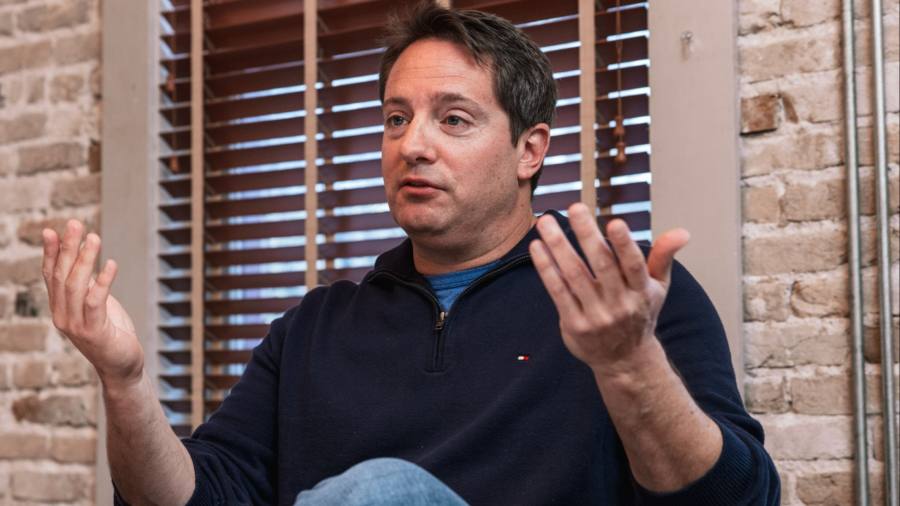
Muddy Waters has revealed a short position against a €4bn European property company, accusing its top shareholders of using “bond sale proceeds to unduly enrich themselves” and inflating the true value of their assets.
In a lengthy report published on Wednesday, the hedge fund took aim at a series of allegedly suspicious related party loans and transactions involving Vivion’s controlling shareholder, the Israeli property magnate Amir Dayan. Muddy Waters also claimed that Vivion is overstating the occupancy rates of its German property portfolio.
Luxembourg-based Vivion does not have publicly listed shares and Muddy Waters is instead betting against its bonds, of which there are around €1.4bn outstanding. The value of the company’s debt plunged in secondary market trading on Wednesday, with Vivion’s €700mn bond maturing in 2024 falling 18 percentage points to 70 cents on the euro.
A representative of Vivion told the Financial Times that the Muddy Waters report was “full of inaccuracies” and the company would respond in detail in the coming days.
As a short seller, Muddy Waters benefits from a fall in the price of Vivion’s bonds.
Vivion is the latest in a string of European property companies to come under scrutiny from short sellers and sceptical analysts in the past year. Shares in Frankfurt-listed Adler Group have collapsed by about 90 per cent since Viceroy Research published a scathing report on the company in October 2021.
Financial regulator BaFin has this year accused Adler of inflating the value of its balance sheet and the company is yet to appoint a new auditor after KPMG resigned its role earlier this year, having refused to sign off its 2021 annual report.
Vivion in September announced it would buy part of a Berlin property development from Adler’s struggling shareholder Aggregate Holdings, which is headed up by the controversial financier Cevdet Caner, in exchange for cancelling debt it was owed.
Muddy Waters, which is run by Carson Block, has previously targeted German real estate, taking a short position in the shares of Corestate in 2019, although it did not publish a report detailing its findings. Corestate is now on the brink of insolvency and the real estate financing firm’s shares have crashed more than 90 per cent this year.
Vivion has an investment property portfolio it values at €3.7bn split between Germany and the UK, where it owns a portfolio of hotels up and down the country. The company and its principal backer Dayan were little known beyond the close-knit world of real estate prior to 2019, when Vivion first tapped the bond market in a deal led by Goldman Sachs and JPMorgan.